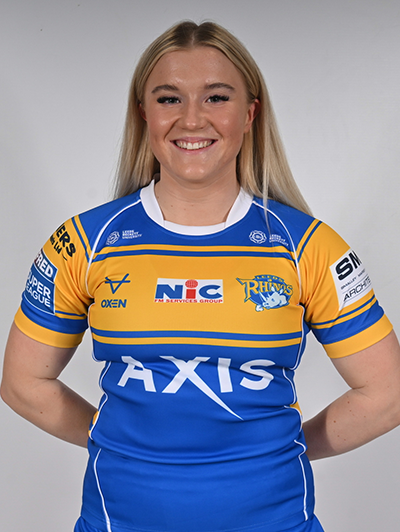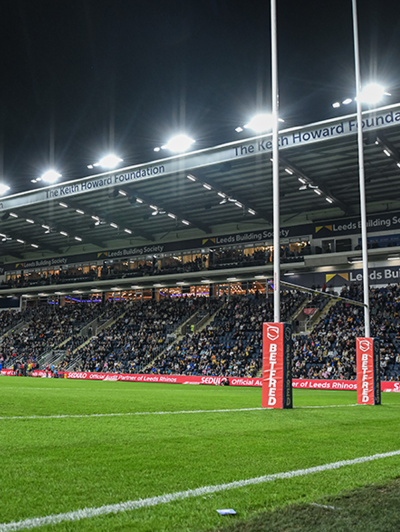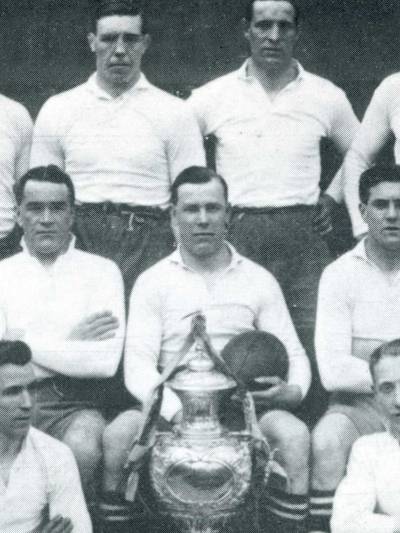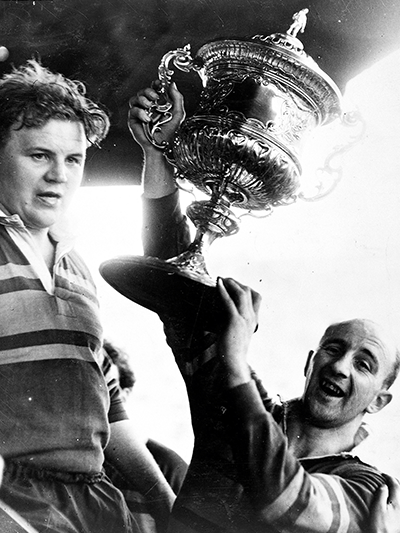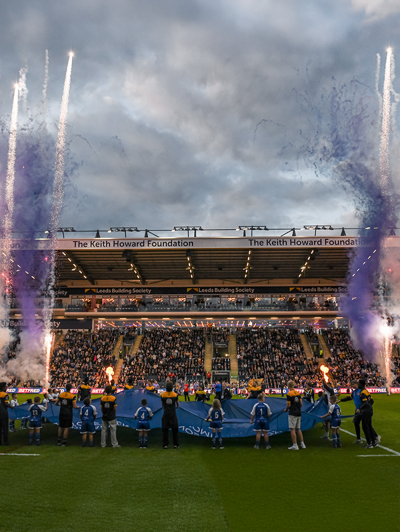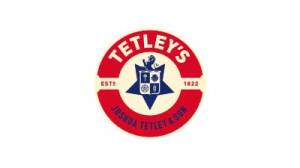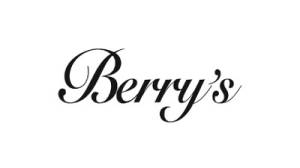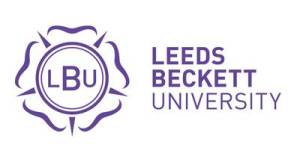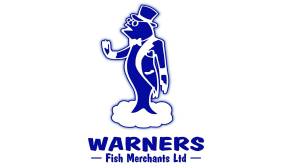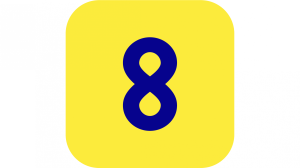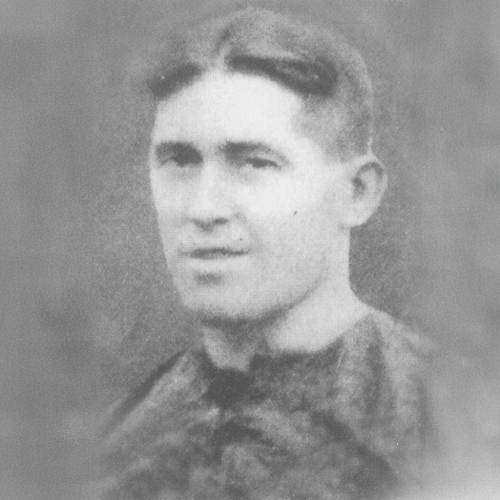
Legend:
Frank 'Bucket' Young
- Heritage number: 179
Debut: vs Bradford (H) 27/01/1906
Leeds Appearances: 159
Leeds Tries: 1
Leeds Goals: 103
Leeds Honours: Challenge Cup (Winner: 1910)
Inducted into the Leeds Rugby Hall of Fame in 2025.
Wales proved to be a prolific source of talent in the early days of the Northern Union. The fourteenth player Leeds picked up from the Valleys turned out to be one of their very best signings, going on to become one of the most admired – and safest – full backs in the game.
Born in Barry, Glamorgan, Frank 'Bucket' Young showed his potential by playing regularly for Cardiff as a teenager, and was a reserve for the national side.
A dispute with the Blues saw him try and move to Tredegar but the Welsh hierarchy deemed it to be illegal and banned him sine die, alerting clubs up north.
Having initially turned down an approach from Wigan, he signed for Leeds for a fee believed to be £70 and match terms of £2 for a win and 30 shillings for a draw or defeat.
Living in Lumley Road, the other side of the railway bridge near the ground, with wife Mary and son James, he made his debut against Bradford in January 1906 at Headingley, setting up a try with his first boot to ball, and quickly earning the nickname ‘Bucket’ such was his dependability fielding high kicks.
His goalkicking in a developing team proved invaluable too, taking over the role in 1907-08, and his form such that - even though Leeds’s was indifferent - he received a call up to face the first Kangaroos in the deciding Test match at Villa Park, Birmingham, a 6-5 success.
Soon after, he scored his sole try for Leeds in a record home win, somewhat ironically, against Barry 56-0, the first time Leeds had topped the half-century.
His most successful season was 1909-10, not least in the Northern Union cup where he is best remembered for his performance in the quarter final at Keighley.
According to contemporary reports, this was “largely a one-man triumph. Time and again he saved his side when the three-quarters in front of him had apparently thrown up the sponge.”
Such was his display, on the side’s return to Leeds he was chaired by supporters from the railway station into the street. In addition, his two goals ensured a 7-4 success, and qualification for a semi final for the first time in the club’s history.
Warrington then beaten, he kicked a record seven goals, one drop, none missed, in the replayed final against Hull at Fartown, as Leeds claimed their first trophy since formation.
The papers reported: “While it was the Leeds forwards whose play has given the title of cup-holders, the one man who has to be mentioned above all others in the victory is their full back.”
Selected for the inaugural Lions tour thereafter, sadly a severe knee injury early on curtailed his involvement, playing in only two matches, against NSW and Metropolis, but turning him into a valuable correspondent.
He never fully recovered, the injury ending his career the following season after only nine more games for Leeds. He did, though, become the first player at the club to register 100 goals in a career, ending with 122.
Also gaining two Welsh caps against England, the second in February 1910 in a big win during which he kicked five goals, he returned home where he acted as a scout for Leeds – recommending Gus Risman, which sadly wasn’t taken up - and later Bramley.

